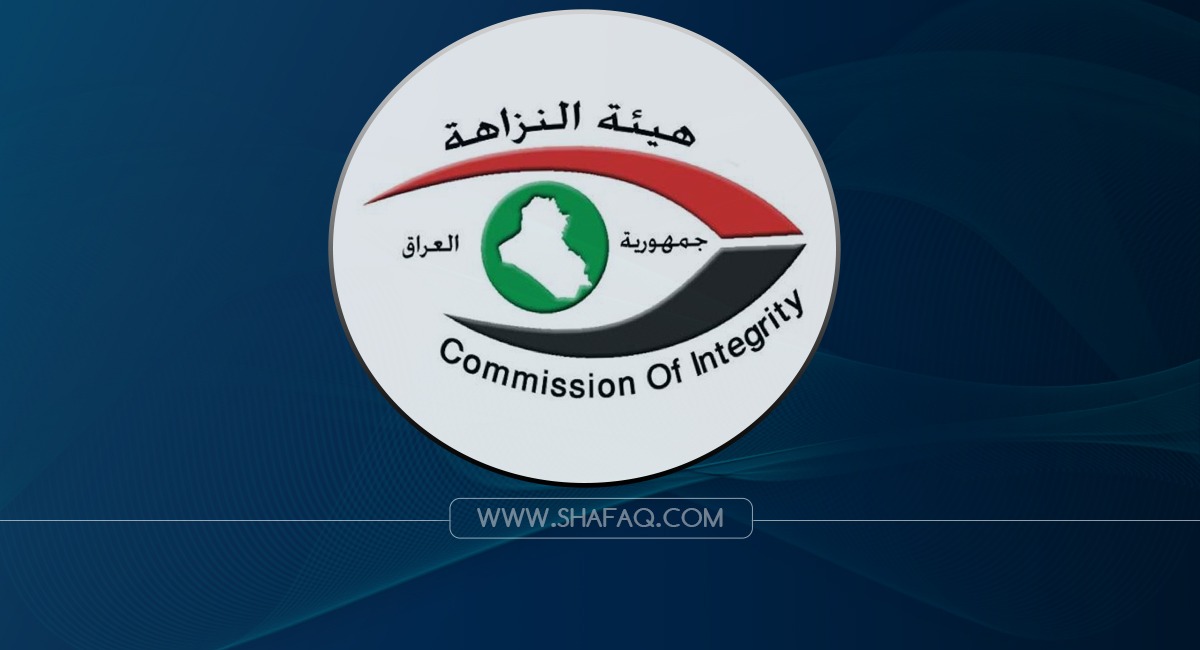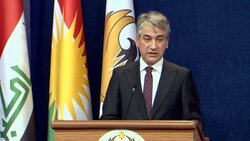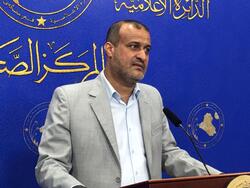Iraqi Integrity Commission summons former Finance Minister over Iraqi billionaires wealth

Shafaq News / The Federal Integrity Commission in Iraq summoned former Minister of Finance Ali Abdul Amir Allawi to testify regarding his statements alleging the wealth of 30 Iraqi billionaires.
The commission's Prevention Department Director, Mohammed Ali Muften, stated in a press release that the “commission contacted the Ministry of Finance to request Allawi’s presence at its headquarters to clarify the remarks made by Allawi during an interview where he claimed the existence of over thirty political, economic, or economically political figures whose fortunes surpass one billion dollars each.”
“Allawi’s statements have raised significant questions about the sources and nature of this wealth,” Muften emphasized.
The commission seeks to gain insights into the identities of these individuals, their positions, and any pertinent information about their financial assets, whether in the form of cash deposits or real estate holdings.
The former Finance Minister’s televised appearance on Monday sparked attention as he highlighted widespread enrichment among political and economic elites in Iraq, pointing out that much of this enrichment stems from state resources, with a notable portion allegedly obtained through illicit means.
It Is noteworthy that financial corruption remains a significant challenge in Iraq, with Transparency International ranking the country 154 out of 180 in the 2023 Corruption Perceptions Index (CPI).
The country also ranked fourth as the most corrupt in the Arab World after Syria, Yemen, Sudan, and Libya.
Various forms of corruption, including bribery, embezzlement, nepotism, and influence peddling, have a detrimental impact on the Iraqi economy, leading to a lack of basic services, increased poverty, and political instability.
The pervasive corruption within the Iraqi state has resulted in the misappropriation of untold billions from its oil wealth over the years.
After assuming his position, PM Al-Sudani pledged to “combat corruption” in the government institutions; so far, many officials have been referred to the judiciary but still, many others are protected by political and sectarian parties.
Last week, Al-Sudani issued three new to enhance the anti-corruption efforts and the internal audit work in the government institutions as part of the government’s strategy to fight and prevent corruption. His media office stated that the directives aim to address the threats that corruption poses to government institutions and the public services that the citizens receive, to improve the internal audit work in the government institutions, and integrate its role with the role of the Federal Board of Supreme Audit, the Federal Commission of Integrity, and the law enforcement agencies.





